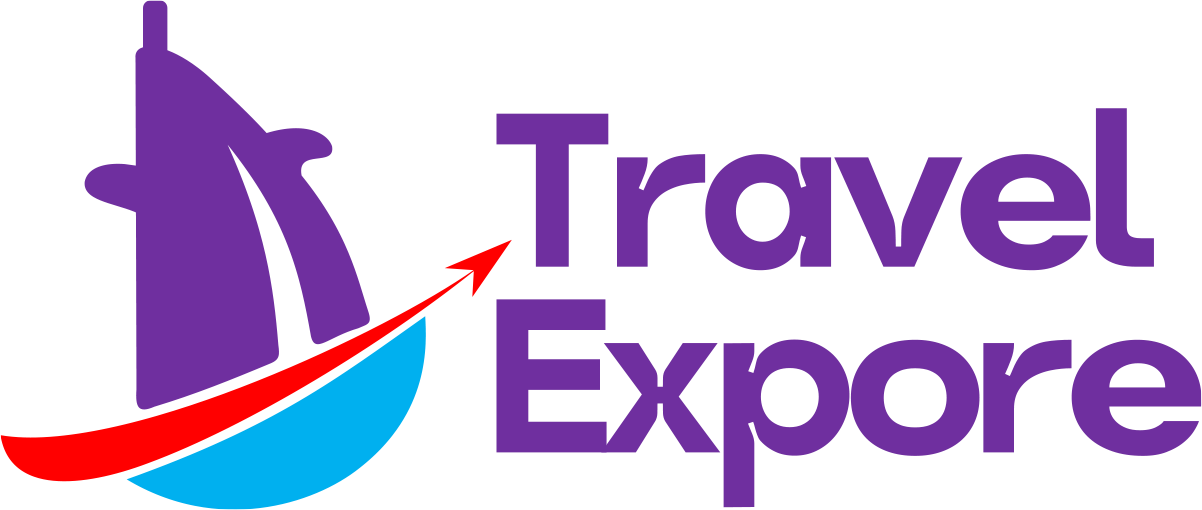Digital Nomad Visa: In an increasingly interconnected world, the concept of work has transformed. The rise of remote work has opened up new opportunities for individuals to break free from traditional office settings, leading to the emergence of a new kind of lifestyle: digital nomadism. With the growth of this trend, governments around the world have begun offering digital nomad visas—special permits designed to attract remote workers and entrepreneurs. These visas allow individuals to live and work in foreign countries while contributing to the local economy without competing for local jobs.
What Is a Digital Nomad Visa?
A digital nomad visa is a type of visa that allows remote workers to legally live in a country while working for an employer or business located elsewhere. These visas cater to people who can do their jobs online, such as freelancers, entrepreneurs, and remote employees. Typically, a digital nomad visa provides temporary residency, lasting anywhere from six months to several years, depending on the country’s specific rules.
Digital nomad visas differ from tourist visas because they explicitly allow individuals to work during their stay. While a tourist visa might only allow a brief stay of up to 90 days in most countries, a digital nomad visa often extends to longer periods, allowing nomads to integrate more deeply into local culture and communities.
Why Are Countries Offering Digital Nomad Visas?
Governments are introducing these visas to stimulate local economies, especially in regions heavily affected by tourism downturns during the COVID-19 pandemic. By welcoming digital nomads, countries can attract a new stream of high-earning individuals who spend money on local services like accommodation, dining, and entertainment. These visitors provide a boost to local businesses without competing for jobs with local citizens.
Countries with relatively lower costs of living and picturesque landscapes—often popular tourist destinations—are especially keen to offer these visas. By doing so, they leverage their natural appeal while making long-term stays more accessible to the global workforce.
The Benefits of a Digital Nomad Visa:
1. Legality and Peace of Mind: With a digital nomad visa, remote workers can live in a foreign country without worrying about overstaying tourist visas or engaging in illegal work activities. It gives them the legal right to stay for extended periods, creating a more stable and relaxed environment for both work and travel.
2. Taxation and Financial Benefits: Many digital nomad visas come with favorable tax arrangements. Some countries offer tax exemptions or reductions to remote workers, allowing them to retain more of their income. The taxation rules vary by country, but many digital nomads can take advantage of these benefits to manage their finances effectively.
3. Immersive Travel Experience: Unlike short-term tourists, digital nomads can experience a country deeply by living there for months or even years. This creates a more immersive experience, allowing them to learn the local language, engage with local communities, and explore the country beyond the major tourist spots.
4. Networking Opportunities: Digital nomads often join vibrant expat and local entrepreneur communities. These networks can be valuable for business, personal development, and expanding professional connections. Digital nomad hubs in places like Bali, Portugal, and Mexico have become hotspots for collaboration and idea exchange among freelancers, startups, and remote workers.
Popular Countries Offering Digital Nomad Visas:
Several countries have become known for their digital nomad-friendly policies, each offering unique attractions and visa conditions;
1. Estonia: Estonia was one of the pioneers in the digital nomad space, launching its e-Residency program in 2014. In 2020, it introduced a digital nomad visa that allows remote workers to stay for up to a year, provided they meet the income threshold of €3,504 per month.
2. Portugal: Portugal has become a favorite destination for digital nomads, particularly in cities like Lisbon and Porto. The D7 Visa is often used by remote workers and freelancers, with a focus on individuals who can show sufficient passive income or remote work earnings.
3. Barbados: The Barbados Welcome Stamp is a one-year visa that allows digital nomads to work from the island while enjoying the Caribbean lifestyle. Applicants need to show an income of at least $50,000 per year, making it an option for higher-earning individuals.
4. Croatia: With its beautiful Adriatic coastline and historic towns, Croatia introduced its digital nomad visa in 2021, allowing remote workers to stay for up to a year without paying local income taxes.
5. Mexico: Mexico offers a Temporary Resident Visa, ideal for digital nomads who want to live in the country for an extended period. While Mexico doesn’t have a specific digital nomad visa, this option allows stays of up to four years, making it one of the most flexible options available.
The Requirements for a Digital Nomad Visa:
The requirements for a digital nomad visa vary by country, but there are several commonalities:
Proof of Remote Employment: Applicants must demonstrate that they work remotely, either for a company outside the host country or as a freelancer/entrepreneur.
Minimum Income Threshold: Many countries require proof that the applicant earns a stable income, which varies widely from country to country. This ensures that the remote worker can support themselves during their stay.
Health Insurance: Most digital nomad visas require applicants to have comprehensive health insurance that covers medical costs in the host country.
Background Checks: Some countries require applicants to provide a clean criminal record as part of the application process.
Challenges of Being a Digital Nomad
While the digital nomad lifestyle offers freedom and adventure, it also comes with challenges. The nomadic lifestyle can create a sense of instability, with frequent relocations making it difficult to establish long-term relationships or maintain a work-life balance. Moreover, navigating tax laws across different jurisdictions can be complex, especially when working remotely for multiple clients or employers.
Conclusion
The digital nomad visa is a forward-thinking solution for both governments and remote workers. It facilitates a lifestyle that combines the freedom of travel with the ability to earn a stable income. For those seeking adventure, cultural immersion, and the flexibility to work from anywhere, the digital nomad visa presents an exciting opportunity to redefine the boundaries of work and life.


